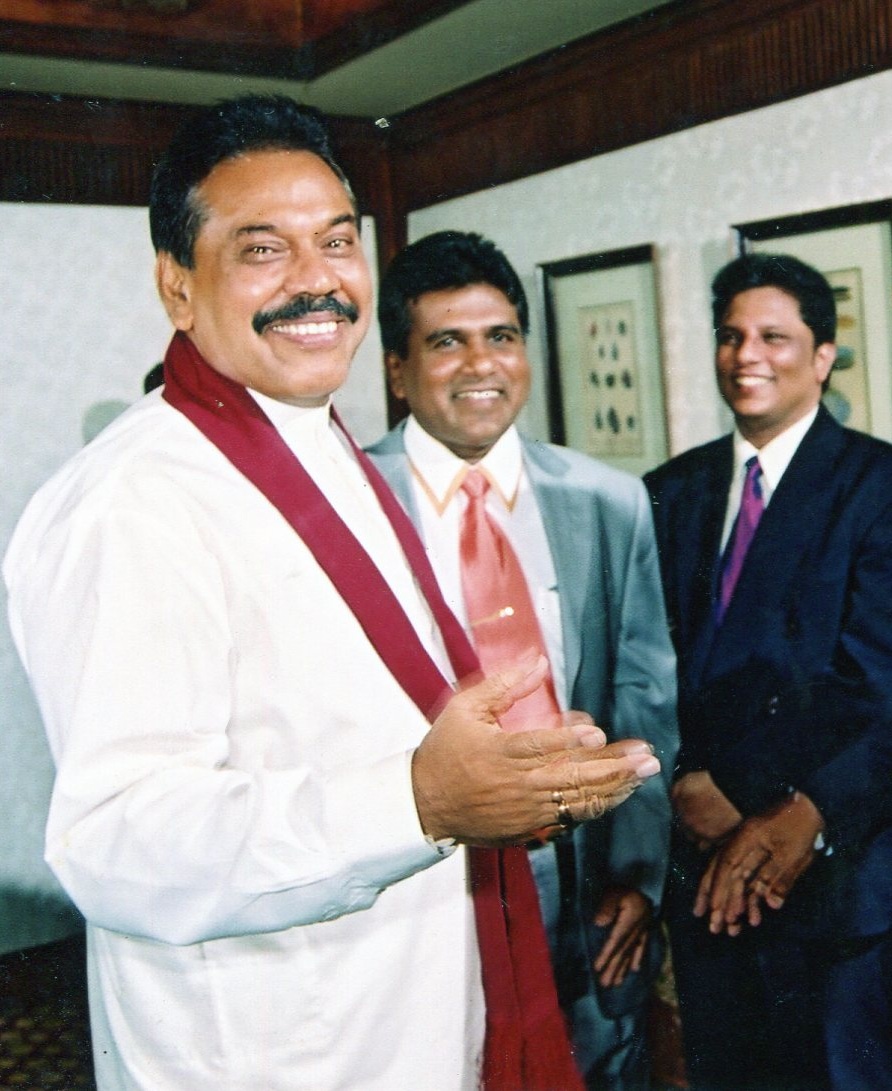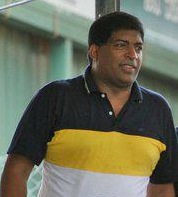 by Ruwantissa Abeyratne
by Ruwantissa Abeyratne
…For justice are the grand natural lawyers, and perfect judges -it is in their Souls;
It is well assorted – they have not studied for nothing- the great includes the less;
They rule on the highest grounds – they oversee all eras, states, and administrations.
The perfect judge fears nothing – he [she] could go front to front before God;
Before the perfect judge all shall stand back – life and death shall stand back – heaven and hell shall stand back. – Walt Whitman
( January 31, 2015, Montreal, Sri Lanka Guardian) On 15 November 2011 I published an article in this journal entitled
The Juridification of War and Compensation of Victims. My article was based on “
Inter arma enim silent leges” – a maxim attributed to Cicero
, which translates as “in times of war, the laws are silent”. In the 21st century, this maxim, which was purported to address the growing mob violence and thuggery of Cicero’s time, has taken on a different and a more complex dimension, extending from the idealistic synergy between the executive and the judiciary in instances of civil strife, to the overall power, called “prerogative” or “discretion” of the sovereign, to act for the public good and the role of the judiciary as the guardian of the rule of law.
Today, my question is “Inter Pace Silent Leges” – are the laws silent in times of peace? This would all depend on the independence and integrity of the judiciary.
“Peace” referred to hear is not just the absence of war. It is freedom from disturbance; a state of quiet and tranquility. There could not be lasting peace without justice.
In February 2014 the United Nations released a press statement stating that Secretary General Ban Ki -moon had announced: “the rule of law was at the heart of the work of the United Nations”, adding that when public institutions failed to deliver justice or protect rights, conflict prevailed. “People must be able to trust that their institutions can resolve disputes promptly and fairly,” he emphasized. At the international level, adherence to the rule of law was critical for preventing conflict and resolving disputes peacefully. The United Nations provided wide-ranging rule-of-law support to Governments, he said, explaining that the Department of Peacekeeping Operations and the United Nations Development Programme (UNDP) had been designated the global focal point for police, justice and corrections. That arrangement had already helped efforts in Mali, Democratic Republic of the Congo and Haiti.
On 23 August 2004, the then Secretary General of the United Nations released a report entitled
The rule of law and transitional justice in conflict and post-conflict societies where he said
: “Justice, peace and democracy are not mutually exclusive objectives, but rather mutually reinforcing imperatives. Advancing all three in fragile post-conflict settings requires strategic planning, careful integration and sensible sequencing of activities. Approaches focusing only on one or another institution, or ignoring civil society or victims, will not be effective…”
The bedrock of these three elements – justice; peace; and democracy is the integrity of the judiciary. In 2001 the United Nations Office of Drug Control and Crime Prevention issued a report which said that judicial corruption was a development issue: ” Judicial corruption appears to be a global problem. It is not restricted to a specific country or region. Yet manifestations of corruption seem to be at their worst in developing countries and countries in transition. According to the Geneva-based Centre for the Independence of Judges and Lawyers, of the 48 countries covered in its annual report for 1999, judicial corruption waspervasive in 30 countries”.
There are countries that have issued advisory guidelines on proper judicial conduct. For example Jamaica, in its principles of judicial conduct (particularly applicable to the appeal courts and Supreme Court) states: “An independent judiciary is indispensable to impartial justice under law. Judges should therefore strive to uphold and exemplify judicial independence in both its individual and institutional aspects”. The Canadian Judicial Council, in its exhaustive document “Ethical Principles for Judges” provides that judges should devote their professional activity to judicial duties broadly defined, which include not only presiding in court and making decisions, but other judicial tasks essential to the court’s operation: “Judges should not engage in conduct incompatible with the diligent discharge of judicial duties or condone such conduct in colleagues”.
Jeffrey M. Shaman, Director of the Center for Judicial Conduct of Canada , in his article “Judicial Ethics” indicates the power of judges in society: “Judges are important public officials whose authority reaches every corner of society. Judges resolve disputes between people, and interpret and apply the law by which we live. Through that process, they define our rights and responsibilities, determine the distribution of vast amounts of public and private resources, and direct the actions of officials in other branches of government”.
Independence and objectivity are the hallmark of an honourable judge. Judge Learned Hand eloquently identified the centrality of judges to the administration of justice in his decision in Brown v. Walter: : “Justice does not depend upon legal dialectics so much as upon the atmosphere of the courtroom, and that in the end depends primarily upon the judge”. The future of individuals and society as well as the life of persons are within the power of a judge. Such a power brings to bear the need for ethical standards of conduct that the ordinary citizen is not required to meet.
The Judicial Code of Kenya prescribes numerous penal sanctions for unethical judicial behaviour. Starting from the most severe of punishment the order is: dismissal; reduction in rank or seniority(demotion); stoppage of increment in rank; withholding of increment; deferment of increment; reprimand (including severe reprimand) ; no recovery of the cost of any or part of the cost of any loss or damage caused by default or negligence.
Integrity of the judiciary hinges upon probity, fairness, honesty, uprightness, and soundness of character. Joseph Addison said: ” The best law in our days is that which continues our judges during their good behaviour without leaving them to the mercy of such who might by an undue influence trouble and pervert the course of justice. William Rufus said “whosoever spares perjured men, robbers, plunderers, and traitors, deprives all good men of their peace and quietness”. Francis Bacon went along similar lines: ” A king that setteth to sale seats of justice oppresseth the people; for he teacheth his judges to sell justice; and “pretio parata pretio venditur justitia” (the sale price of the bribes is justice). Judges ought to remember that their office is “jus dicere,” and not “jus dare”; to interpret law, and not to make law, or give law.
The author is former senior counsel and Chairman, Joint Appeals Board at the International Civil Aviation Organization.
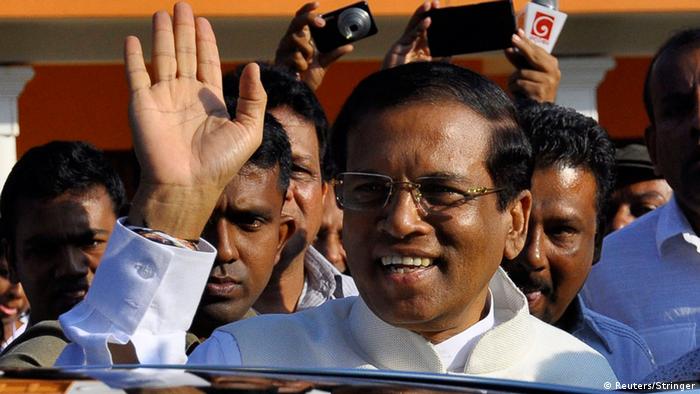



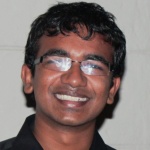
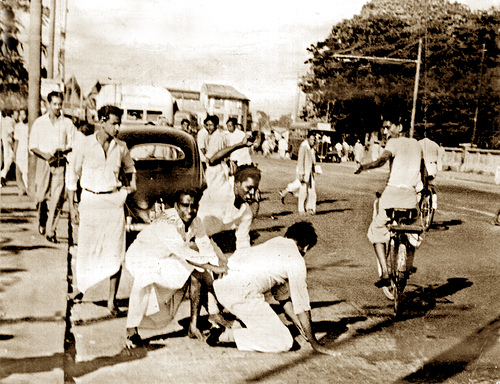



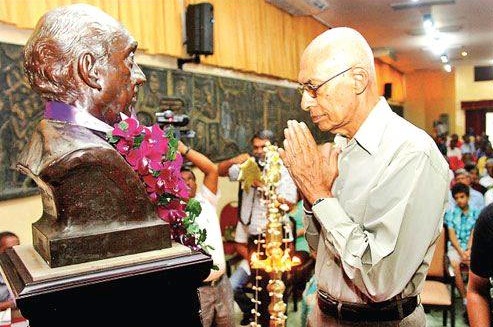
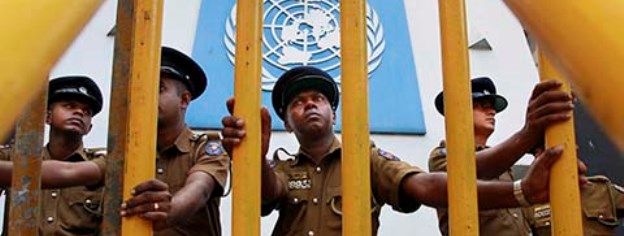

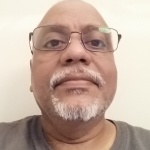
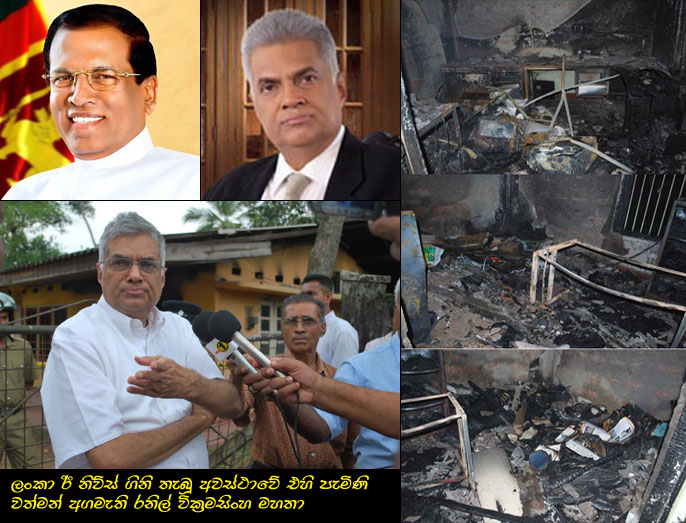
 (Lanka-e-News -30.Jan.2015, 11.55PM)
(Lanka-e-News -30.Jan.2015, 11.55PM) 
 Misuse of luxury buses by the Rajapaksa administration during the Commonwealth Heads of State meeting in Colombo in November 2013 has come under investigation by the Foreign Affairs Ministry.
Misuse of luxury buses by the Rajapaksa administration during the Commonwealth Heads of State meeting in Colombo in November 2013 has come under investigation by the Foreign Affairs Ministry.
